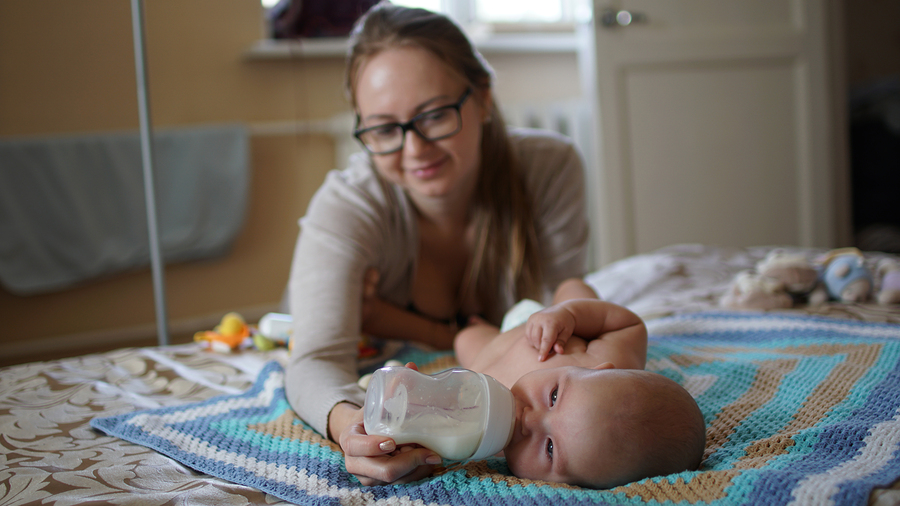
During a recent broadcast of a nationally syndicated radio show, the hosts and listeners of the program took aim at a babysitter who called in and said she was unable to obtain work due to her blindness.
Like many in the field of blindness and low vision, we were appalled and disheartened to hear of the public's misconception regarding the abilities of a person with a visual impairment to perform babysitting duties. Despite having the same hopes, dreams, and talents as everyone else, people with vision loss often face steep barriers to employment — especially to entry-level jobs that can help teenagers build a track record of responsibility and good work habits.
Job seekers who are blind or have low vision experience persistently low employment rates — just 35%, compared to 70% for people without disabilities. The reason behind these low employment rates has nothing to do with the capabilities and qualifications of people with vision loss. It is because many still don’t understand, and haven’t taken the time to learn, how people who are blind or visually impaired can perform the same duties as those with vision.
This includes caring for the health and well-being of a child. In fact, many blind women have faced down these same doubts and second-guessing from the public when they decide to have children of their own. As AFB’s public policy director Stacy Cervenka stated in a recent interview with Meriah Nichols:
"I wasn’t concerned about being a mom because of blindness per se, but I was very anxious about becoming a mom because of the discrimination that exists against parents with disabilities by medical professionals, social services professionals, and the family court system. When I went into the hospital to give birth to both my children, I packed several copies of Parenting Without Sight, a booklet produced by the National Federation of the Blind for social service and legal professionals, in my hospital bag just in case."
We stand with our colleagues at NFB, ACB, and AER who have expressed their disappointment in the tenor of the show’s conversation. People who are blind or visually impaired have stellar problem-solving skills developed over a lifetime of adapting to a society designed for sighted people. There are so many blind parents, teachers, caregivers, and yes, babysitters who could have taken the conversation in a truly interesting direction.
Deep-seated misperceptions about blindness continue to perpetuate barriers to equity and inclusion for the blind and visually impaired community, exemplified by this unfortunate radio show incident. Through research, education, and advocacy, AFB will continue to push for a transformation of culture and a shifting of public attitudes, so that people who are blind or visually impaired will be judged on their qualifications for the job and nothing else.